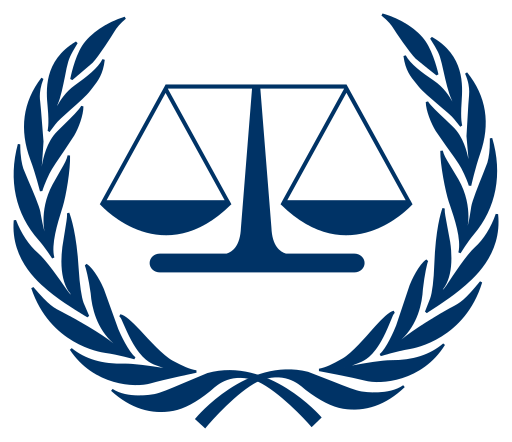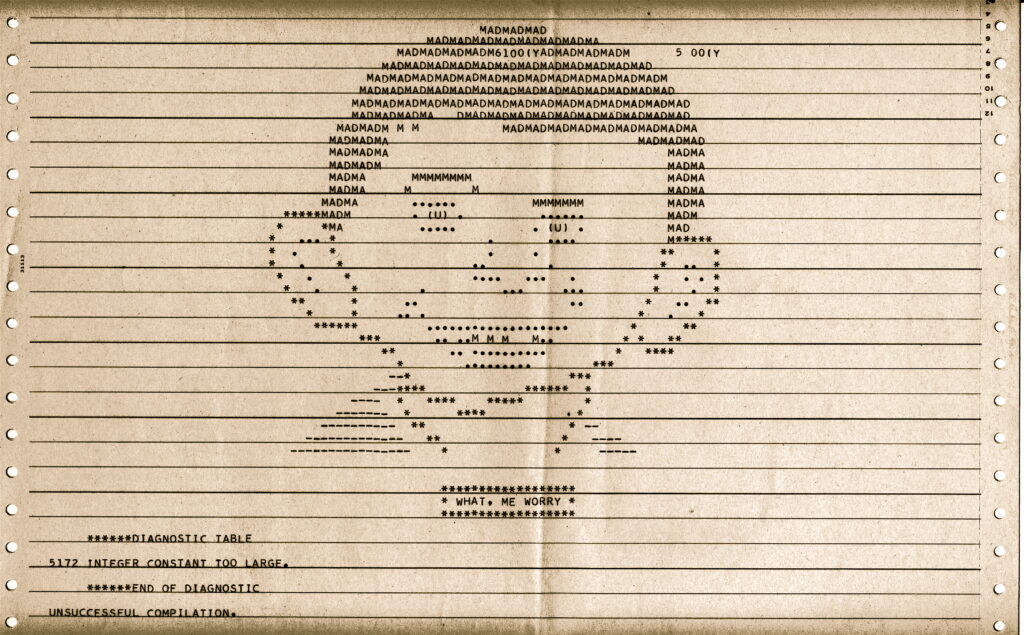
In June, US President Donald Trump signed an executive order providing for sanctions against persons who “have directly engaged in any effort by the [International Criminal Court] to investigate, arrest, detain, or prosecute any United States personnel without the consent of the United States.”
On September 2, The US regime imposed such sanctions on two ICC officials: Fatou Bensouda, the court’s chief prosecutor, and Phakiso Mochchoko, head of its Jurisdiction, Complementarity and Cooperation Division.”
Their offense? Investigating allegations of US war crimes in Afghanistan.
Such investigations, says White House Press Secretary Kayleigh McEnany, “are an attack on the rights of the American people and threaten to infringe upon our national sovereignty.”
US Secretary of State Mike Pompeo thunders that the US regime “will not tolerate [the ICC’s] illegitimate attempts to subject Americans to its jurisdiction.”
There certainly are questions of sovereignty and jurisdiction here, but Pompeo and Company are on the wrong side of those questions.
Afghanistan’s US-installed, US-allied regime ratified the Rome Statute in 2003, thereby placing war crimes committed on its territory, and the persons accused of committing those crimes, under the court’s jurisdiction.
Like it or not, that assignment of jurisdiction is an exercise of Afghan sovereignty.
Mike Pompeo wouldn’t object to a Czech police officer arresting an American driver accused of running a red light and hitting a pedestrian in Prague, or to a Czech court trying the case.
Donald Trump wouldn’t sign an executive order sanctioning Thailand’s Revenue Department or Central Tax Court for charging and trying an American who resides in Bangkok for evasion of that regime’s taxes.
The basis of the modern Westphalian Model nation-state is the notion of each state’s sovereignty within its borders. That sovereignty includes the power to assign jurisdiction to courts to investigate and try crimes committed within those borders.
Refusal to cooperate with the ICC’s investigations, or to extradite Americans charged with war crimes, absent US ratification of the Rome Statute, are also problematic. Protecting accused war criminals and denying victims their day in court just isn’t a very good look on any regime.
But at least those positions would be arguable from a sovereignty standpoint. This isn’t. Sanctioning the court’s officials for exercising their assigned jurisdiction is a violation of Afghan sovereignty, not an exercise of US sovereignty.
Of course, the US government could avoid entanglements with the ICC simply and easily, by ending its practice of invading countries halfway around the world, occupying those countries for decades at a time, and covering the world with military bases and troops to staff them.
If Trump and Pompeo don’t want US military personnel to do the time, they should stop sending US military personnel abroad to do the crimes.
Thomas L. Knapp (Twitter: @thomaslknapp) is director and senior news analyst at the William Lloyd Garrison Center for Libertarian Advocacy Journalism (thegarrisoncenter.org). He lives and works in north central Florida.
PUBLICATION/CITATION HISTORY


